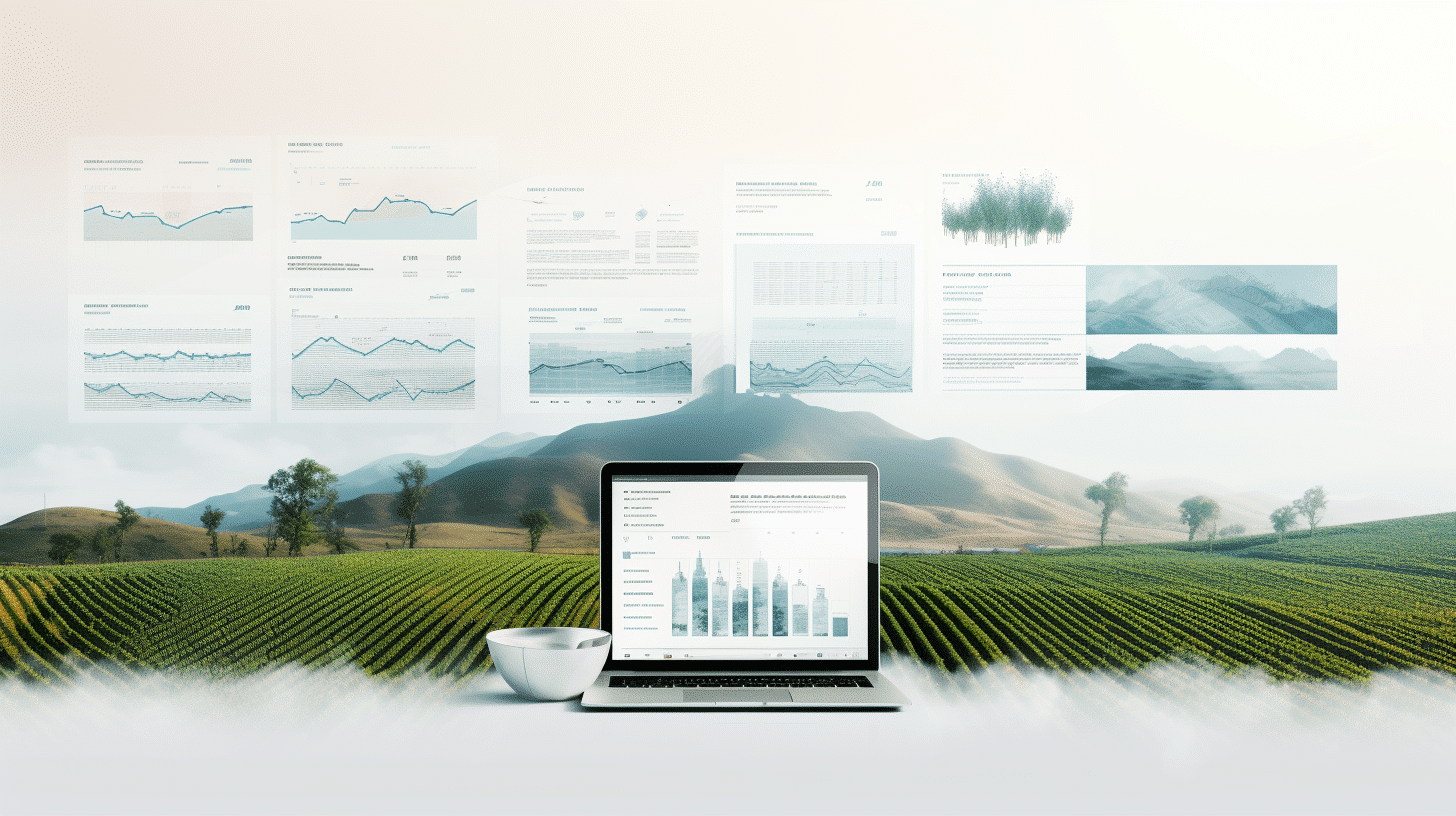The food and beverage industry faces increasing pressure to demonstrate their commitment to environmental stewardship and social responsibility. Achieving third-party certifications has become essential for companies to verify their sustainable practices. However, one of the biggest challenges in obtaining these certifications is the collection of accurate and reliable data from agricultural fields. This blog post explores why it is crucial for food and beverage companies to collect primary data directly from the fields and how it can enhance their crop supply management.
The Benefits of Collecting Primary Data
Enhancing Sustainability and Certification Efforts
To meet certification requirements, companies must verify that their agricultural practices adhere to environmental and social standards. This includes ensuring that farming methods minimize environmental impact, conserve resources, and support fair labor practices. By collecting primary data, companies can provide verifiable proof of their sustainable practices. This data is critical for third-party auditors who assess compliance with certification standards. Accurate field data helps companies demonstrate their commitment to sustainability, which can enhance their reputation and provide a competitive advantage in the marketplace.
Promoting Operational Efficiency
Field data allows companies to monitor crop health closely, predict yields more accurately, and manage resources efficiently. For instance, real-time data on soil moisture levels and nutrient content can help farmers apply the right amount of water and fertilizers, reducing waste and enhancing crop quality. By having primary information, companies can ensure the consistency and quality of their raw materials, which is essential for maintaining product standards and meeting consumer expectations.
Moreover, primary data collection can help identify areas for improvement in farming practices. Companies can work with farmers to implement better techniques and technologies that promote increased yield together with sustainability. This collaborative approach not only helps in achieving certifications but also fosters long-term relationships with suppliers and supports the broader goal of sustainable agriculture.
Additionally, implementing incentive schemes can motivate suppliers and farmers to participate in data collection efforts. Financial incentives, access to premium markets, and technical support can encourage more consistent and reliable data sharing. By aligning the interests of all parties, companies can create a collaborative environment that facilitates better data management and compliance with certification standards.
Recommended Strategies for Data Collection
- Building Stronger Relationships with Suppliers: By engaging directly with farmers, companies can build trust and encourage transparency. This is particularly important for smallholder farmers who may be hesitant to share data due to concerns about data usage and privacy.
- Invest in Training and Capacity-Building: Such investments can help farmers understand the benefits of data collection and certifications. Educational programs can cover topics such as best agricultural practices, efficient resource use, and the economic advantages of sustainable farming. When farmers see the tangible benefits, they are more likely to cooperate and provide accurate data.
- Implement Incentive Schemes: Financial incentives, access to premium markets, and technical support can encourage more consistent and reliable data sharing. By aligning the interests of all parties, companies can create a collaborative environment that facilitates better data management and compliance with certification standards.
- Use Technology for Real-Time Data Collection: Leveraging advanced technologies enables companies to gather accurate, timely data, leading to better decision-making and resource management. Real-time data collection helps in quickly addressing issues, optimizing yields, and reducing waste.
Collecting primary data from agricultural fields is essential for food and beverage companies to manage their crop supply effectively and sustainably. Accurate, real-time data enables better decision-making, enhances operational efficiency, and ensures the quality and consistency of raw materials. It supports companies’ sustainability commitments by providing verifiable proof of environmental and social practices, which is critical for achieving third-party certifications.
By prioritizing primary data collection, food and beverage companies can navigate the complex challenges of modern supply chains and uphold their commitment to environmental stewardship and social responsibility. This approach not only benefits the companies but also supports the broader goal of sustainable agriculture, ensuring a healthier planet for future generations.





